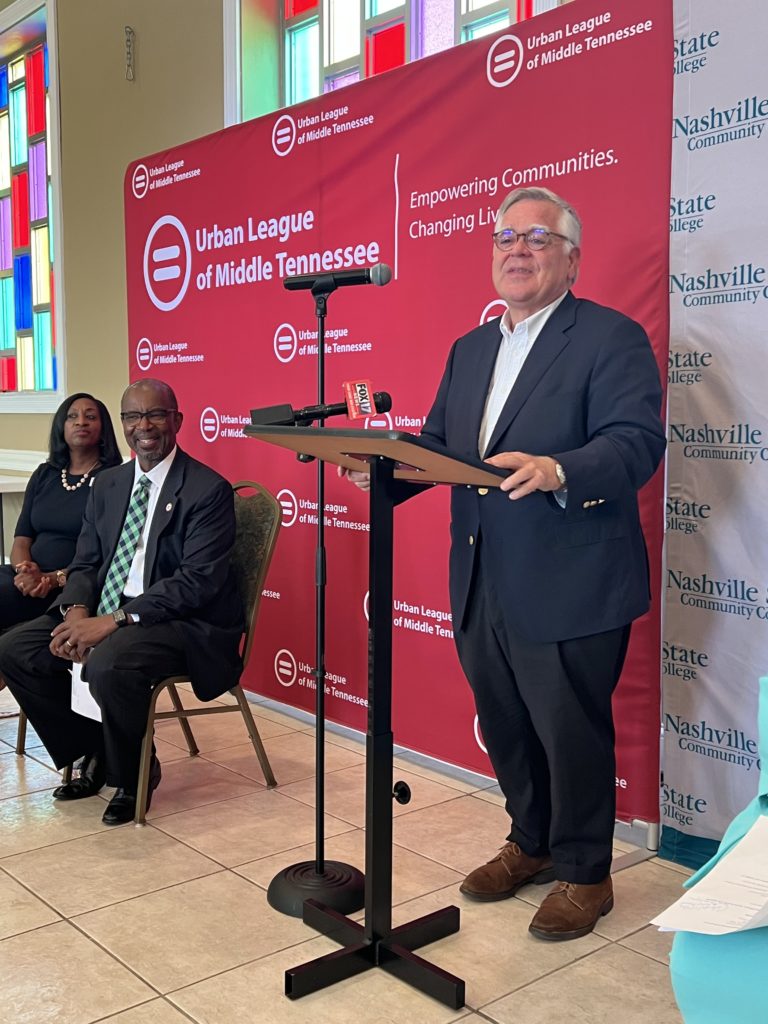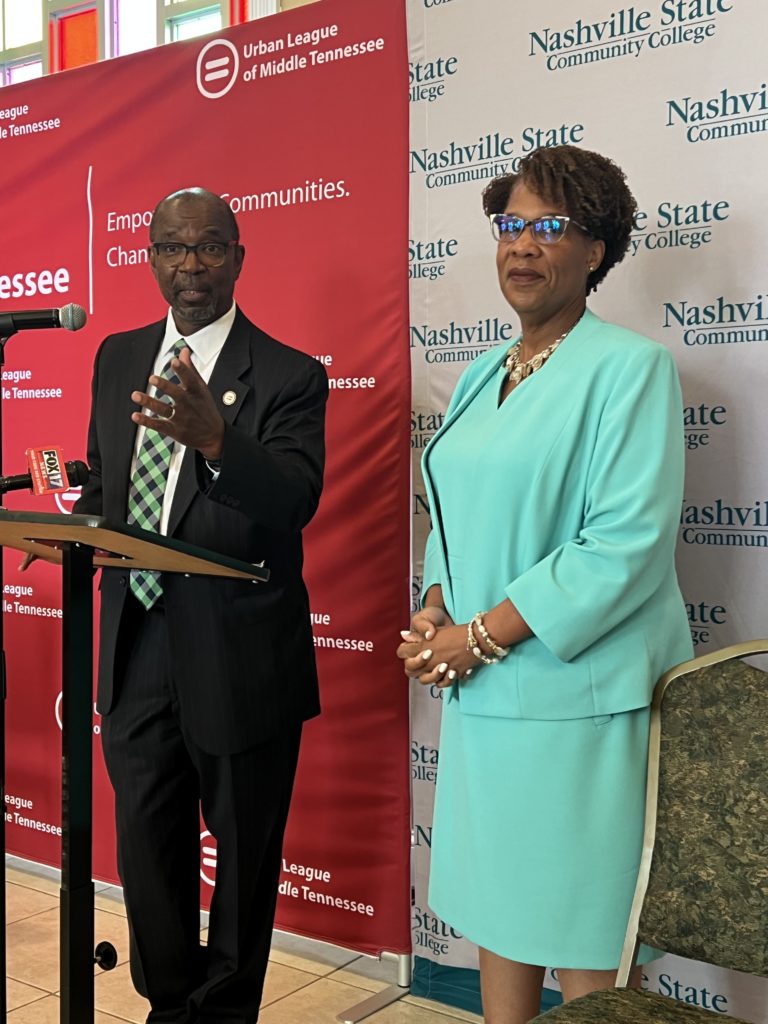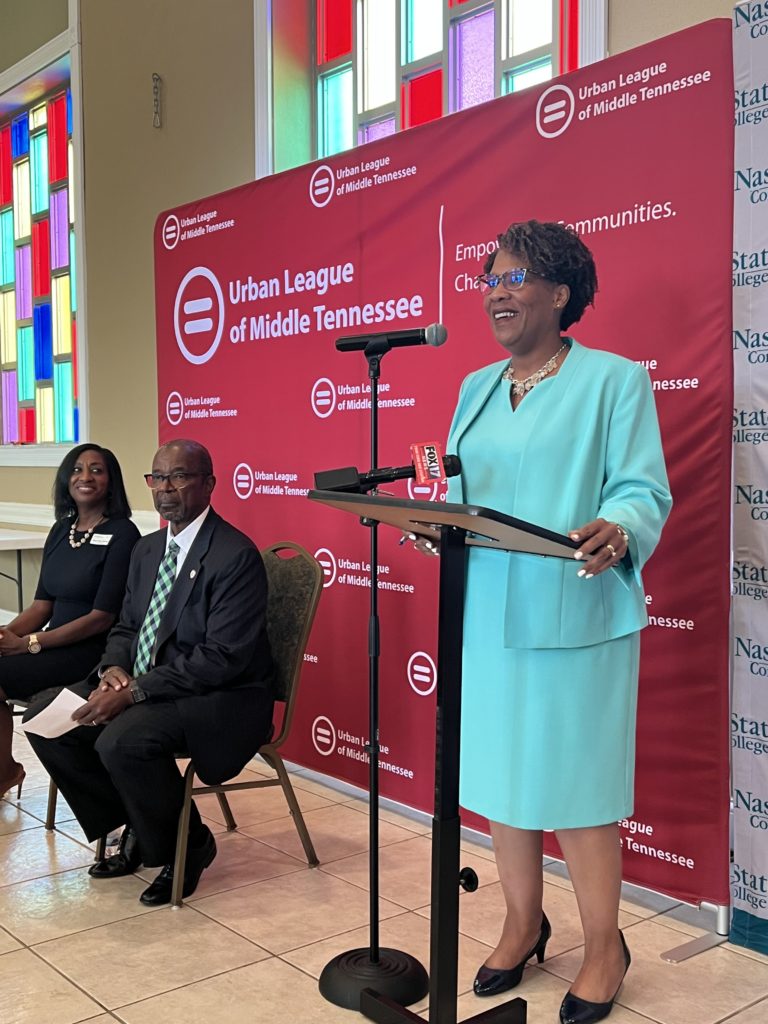In a pivotal gathering at the Cathedral of Praise on Clarksville Pike, Nashville’s workforce development witnessed a transformative announcement. The Urban League of Middle Tennessee, in collaboration with Nashville State Community College, has strategically forged a partnership to address the workforce shortages and enhance skill proficiency within the Nashville demographic. Supported by a substantial $7.8 million grant from the American Rescue Plan, sanctioned by the Metro Council last year, this alliance expands to include over twenty specialized agencies focused on workforce advancement. Collectively, the objective is clear: to equip local residents with high-level competencies for sectors spanning healthcare, IT, construction, advanced manufacturing, and hospitality.
Mr. Clifton Harris, CEO of The Urban League of Middle Tennessee, underscored the region’s untapped local talent. The newly inaugurated “Advancing Workforce Equity” initiative is designed to optimize the region’s human capital, ensuring more than just skill acquisition—it represents a pledge to guarantee every qualified individual a role that meets a living wage standard, thus resolving a cascade of associated challenges. Collaborative efforts from entities such as the Nashville General Hospital and The Congregational Health Education Network will be vital to this initiative’s success, with the Cathedral of Praise earmarked as a central locus for instruction and training.
Dr. Shanna L. Jackson, President of Nashville State Community College, articulated the institution’s proactive stance. Rather than passively offering resources, the college is actively engaging with the community, taking its mission, expertise, and resources directly to potential participants. Over the next two years, the program aspires to employ approximately 1,500 individuals, addressing salient challenges like attrition rates stemming from inadequate childcare and transportation by potentially introducing training stipends, daycare provisions, and transportation solutions for attendees. Furthermore, post-placement support will be ensured through dedicated case managers for a full year, solidifying long-term placement success.
The repercussions of the Covid-19 pandemic on Nashville mirrored wider national trends, with communities of color and lower-income groups experiencing disproportionate impacts, both health-wise and economically. The recently released “Advancing Workforce Equity in Nashville: A Blueprint for Action” report elucidates these racial disparities, offering strategic guidance. This document serves as an appeal to diverse stakeholders—ranging from employers to policymakers—to conceptualize and execute strategies that dismantle ingrained barriers and foster an inclusive workforce. As Nashville continues on its trajectory of growth, this initiative stands as a testament to the city’s commitment to ensuring that its advancement is not only robust but also equitably distributed.
